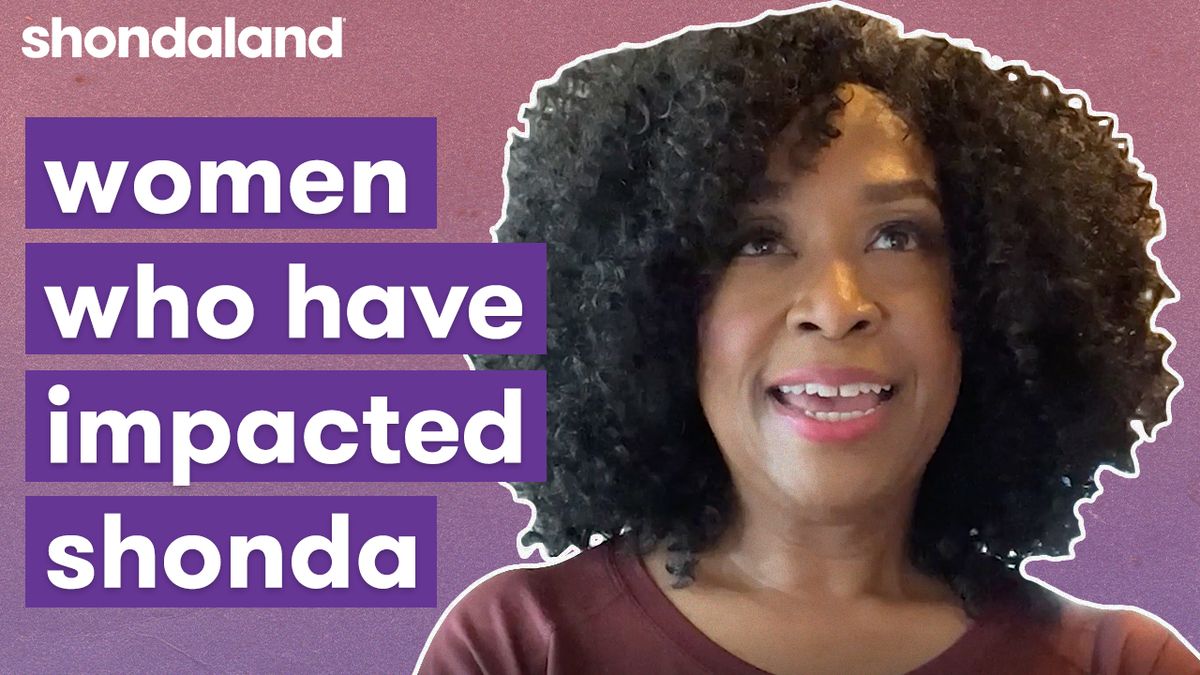Holding space is heard a lot in relational conversations these days. The concept has always been prevalent in our relationships yet feels like it’s only recently been defined. So, what does holding space even mean? We know it means to be there for someone, but how? What does it look like? And how can we make sure we’re doing it right?
“Holding space for someone can mean different things for different people, but, at a minimum, it means taking the initiative, without any prompting, to be empathic to another person’s situation or circumstance and making time for that individual to do whatever is needed for them, like voicing hurt, anger, or another strong emotion, and receiving whatever they need to communicate in a way that is supportive and nonjudgmental,” explains Rheeda Walker, a clinical psychologist, researcher, professor at the University of Houston, and the author of The Unapologetic Guide to Black Mental Health.
Ultimately, holding space is about making sure the person in your life who needs to be listened to is heard. “Holding space for someone means that you offer them the opportunity to be seen and heard fully,” says Edward Brodkin, an associate professor of psychiatry with tenure at the Perelman School of Medicine at the University of Pennsylvania and the co-author of Missing Each Other: How to Cultivate Meaningful Connections. “It means you are intentional about setting time aside to be fully present with this person and providing them your full and undivided attention.”
Every relationship is unique — just like each person within a relationship is unique. As we move through the world and experience its gifts and punishments, the level of support we need and are capable of giving to others can shift in terms of our own emotional capacity. We could be sitting right next to someone we care about — we might be in conversation with them, even — and we might not really be seeing or hearing them. Our relentless internal monologues can dilute or drown out important messages that need to be heard, received, and addressed with empathy. “So many of us move through our days chronically stressed and preoccupied with our own thoughts and worries, making us unable to really listen to each other for long,” explains Ashley Pallathra, a doctoral candidate, clinical researcher, therapist, and co-author of Missing Each Other: How to Cultivate Meaningful Connections. Pallathra and Brodkin are research partners and collaborated on their answers in this interview.
That’s why the practice of holding space is so important when it comes to deepening and nurturing our relationships. It’s just as much about being present for another as it is about listening to them — even if what they might say makes us uncomfortable at first.
“Holding space is a form of attunement, or the ability to be aware of our own state of mind and body while also tuning in and connecting to another person,” says Brodkin. “Attunement is the ability to connect with someone, not only at a thought level but on a gut and emotional level too. It’s being able to stay in tune and in sync with both the feelings of others and one’s own feelings — not just in a single moment of understanding or empathy but over time, during the unpredictable twists and turns of an interaction.”
This means taking note of not just the words your friend is using, but their mannerisms as well. “Take note of their body language, tone of voice, cadence, and rhythm of speech,” says Pallathra. “Their shifting gaze can tell you which parts of their story are the most challenging for them to share. Taking note of all these cues allows you to follow their lead and meet them where they are. Maybe if they are agitated and restless, you can offer a grounded presence that helps to support and regulate their anxiety. Or, if someone is tearful and in grief, your calm confidence can make them feel secure in their most vulnerable state.”
Both Brodkin and Pallathra say that in order to respond with what they refer to as “calm confidence,” it helps to be cognizant of how you’re feeling as you “hold space.” “While it may seem counterintuitive, one critical element of this practice of being present for someone else requires that you be mindful of your own emotional state of mind,” says Brodkin.
Why? Because if the conversation triggers your issues, your self-awareness can help you curb the urge to chime in with your own two cents and redirect a conversation that is supposed to be about them and what they are saying.
“If you hold space for someone’s sadness, it may mean you don’t immediately give them advice, like providing them with the helpful strategies that led you back to joy at some point in your life,” says Pallathra. “While shared experiences can be comforting, to hold space for someone is a bit more intentionally one-sided, keeping the focus on them.”
This can prove challenging for some, but it is a rewarding practice to get the hang of. “Holding space isn’t easy,” she explains. “It may feel awkward at first, or you may feel uncomfortable, nervous, or shy. It might be difficult since there are many ways that our own emotions, biases, attributions, or past experiences can color how we listen and interpret what someone shares with us,” Pallathra says, recommending the space-holder practice “relaxed awareness” by taking deep, mindful breaths that keep you in the present if things get uncomfortable or triggering.
After all, the practice of honoring another person’s feelings should be a given. “It adds insult to injury to ask for someone to throw water on you if you’re on fire. Honestly, I think an important dimension of holding space is that individuals don’t have to ask for it,” says Walker.
The practice of holding space for others is truly a gift you not only give to the person you’re holding space for but a gift you give yourself in terms of what you may learn, and an enhanced and deeper capacity for connection. “If you’re really able to hold space for someone, it will be memorable to both of you, and your connection is much more likely to grow,” Pallathra says. “Ultimately, it allows for both people in the interaction to feel closer to one another.”
“Holding space takes time and energy, both for the person holding space and the person being held — something that we don’t often have the luxury for in the day-to-day hustle of life,” says Brodkin. “It’s a way of investing in your relationship, nurturing it, and enabling it to grow. In order for the relationship to grow, you need to be able to see them for who they really are. If you can’t, then how can you know them with any depth?”
Vivian Manning-Schaffel is a multifaceted storyteller whose work has been featured in The Cut, NBC News Better, Time Out New York, Medium and The Week. Follow her on Twitter @soapboxdirty.
Get Shondaland directly in your inbox: SUBSCRIBE TODAY














